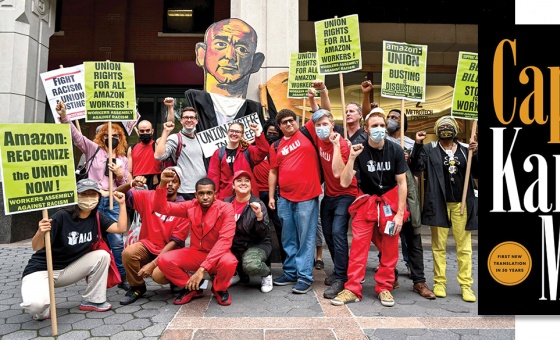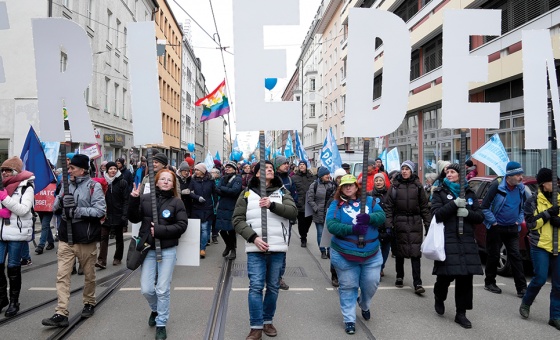ROY HATTERSLEY’S call to arms against the Labour left illustrates the determination of the right wing of the party to regain control and the reality that any left leader of the party will face the same internal problems Jeremy Corbyn does.
Hattersley’s contention that the new mass membership of the Labour Party consisted of entryists who had been biding their time since Neil Kinnock’s war on the Militant Tendency was a fairly common accusation between 2015 and 2017. A quick glance at the age profile of Labour recruits is enough to expose its fallacy.
His assertion that Labour lost because it had drifted to “the unelectable left” doesn’t account for its massive vote increase in 2017, or the fact that Labour policies from renationalising transport and utilities to raising taxes on the highest earners are consistently backed by large majorities in opinion polls.
As an analysis of what has happened to Labour and why it lost, Hattersley’s intervention is pure drivel — the article doesn’t mention Brexit once, despite the blindingly obvious role it played in Labour losing 52 Leave-voting seats to the Tories.
It ascribes sinister power to Momentum, which he seems to believe dictated Labour policy, though in fact the organisation largely confined itself to electoral campaigning and made few policy interventions (and those it did make were not always obviously from the left).
And his claim that Labour MPs who opposed Corbyn “stayed without fighting” is a staggering misrepresentation of four-and-a-half years in which the Labour leadership faced constant backstabbing, hostile briefing to the press, parliamentary revolts, smears, insults and a message indiscipline that saw policies contradicted and new initiatives overshadowed by the coincidental emergence of artificial scandals.
Hattersley’s advice is that if Rebecca Long Bailey wins the leadership, MPs should refuse to accept her as leader. This isn’t some brilliant new tactic: it describes the behaviour of many MPs between 2015 and 2019.
Many of Corbyn’s allies hoped that electoral victory was possible despite this. Campaigns such as the Democracy Roadshow mounted by Chris Williamson and Tosh McDonald, which fought to democratise the party to challenge the unaccountable power of hostile MPs, met a lukewarm reception from the party leadership and from many trade unions.
That is not to suggest that any particular administrative fix would have solved Labour’s problems. But we know that the attacks on Corbyn were inspired by his socialist politics.
To the extent that a future leader presents a challenge to the status quo, they will likely receive the same barrage of smears and a similar level of institutional and political resistance from Establishment forces, in and outside the Labour Party.
The left needs to develop serious strategies to address that. And the focus must go far beyond the Labour Party itself.
As trade union leaders such as the CWU’s Dave Ward have observed, the explosion in the size of the Labour Party was not matched by an escalation in the radicalism or ambition of the labour movement.
In the “lost heartlands” being mourned by Labour activists in the Midlands and north the long-term decline of active trade unionism (linked to the destruction the regions’ productive industries) is clearly linked to the decline in Labour support.
And a pessimistic attitude to the movement’s ability to fight and win for workers on its own terms lay behind much of the disastrous pressure on Labour to support remaining in the EU.
The socialist left has made big strides in the past five years. Its policies and ideas are far more widespread than they were. As Hattersley fears, it is well placed to win the next Labour leadership contest.
Nonetheless its weaknesses are as apparent as its strengths. The workplace rather than Westminster is where the battle against an unjust and exploitative system must focus.
Building the strength and confidence of the trade unions is key to transforming our movement at all levels, whatever happens in the party leadership race.












